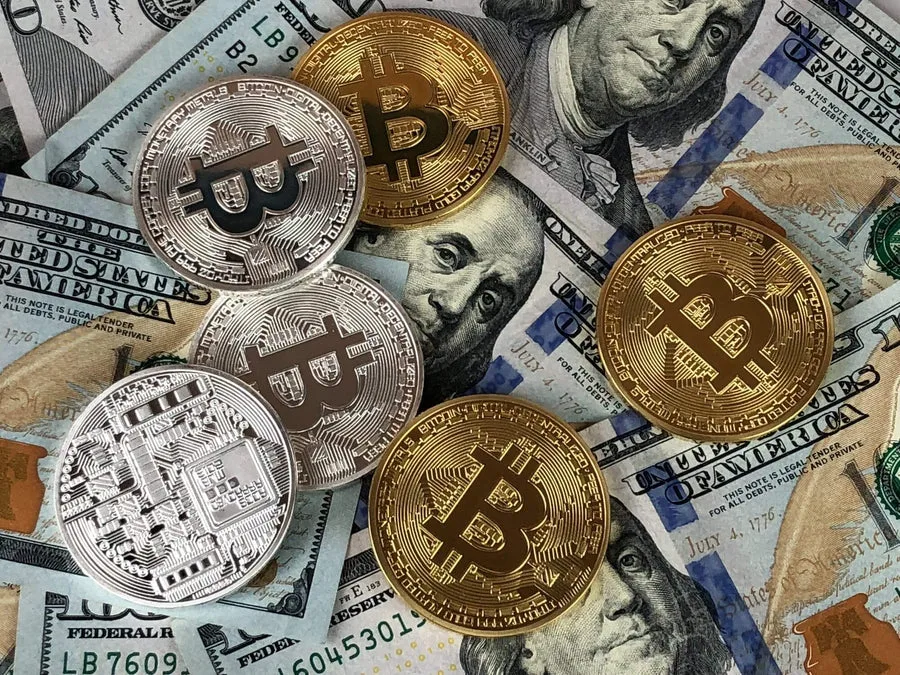Unless you’ve been living under a rock, you’ve probably heard of NFTs. Well, NFT stands for non-fungible token, and if you’re not familiar with the space, you’ve likely got a load of questions. Let’s answer a few of them and figure out why you should care.
What Are Non-Fungible Tokens?
Essentially, an NFT is something completely unique stored on the blockchain. For example, you could swap a Bitcoin for another Bitcoin, meaning it is fungible. Whereas, if you swapped art for a different piece of art, you’ve got an entirely different product. Hence, non-fungible.
What Are NFTs Used For?
While most of the NFT space focuses on art, it’s much more complex than that. Yes, it has played an important role in the emergence of NFTs, but to understand what they are and how they work, you need to look deeper than that.
The most successful NFT projects are built on a foundation of communities of like-minded people that believe in a shared cause, vision, or mission. They buy into and support this project by purchasing NFTs. Then holders receive NFT utility, such as access to exclusive events, merchandise, VIP communities, more NFTs, and much more.
As the popularity and influence of a project grows, the more desirable the NFTs become, meaning holders can sell them to others for profit.
Are NFTs Just a Phase?
Likely, non-fungible tokens are here to stay. With big brands such as Adidas and Nike entering the space, you can be sure this decentralized platform has legs. As mentioned, NFTs are much more than digital art. They can be used for smart contracts to track the transaction history of every product, so it’s not unfathomable that they could replace receipts. Additionally, with the utility they provide, NFTs could be used by companies for their loyalty and bonus schemes.

Think of NFTs as one of those exclusive members clubs. If you’re in, you get access to lots of cool stuff. If you’re out, you either can’t benefit at all or have to pay a lot more than members for the experience.
Why Should You Care?
If adoption continues, non-fungible tokens will change all transactions forever. Replacing receipts and backing loyalty schemes are just a couple of potentials. Furthermore, the original creator of a product will be able to benefit from the secondary sales of a product for its entire lifetime.
For example, if you’re an artist and someone who bought your work then sells it to somebody else, you’ll receive a % of the resale.

